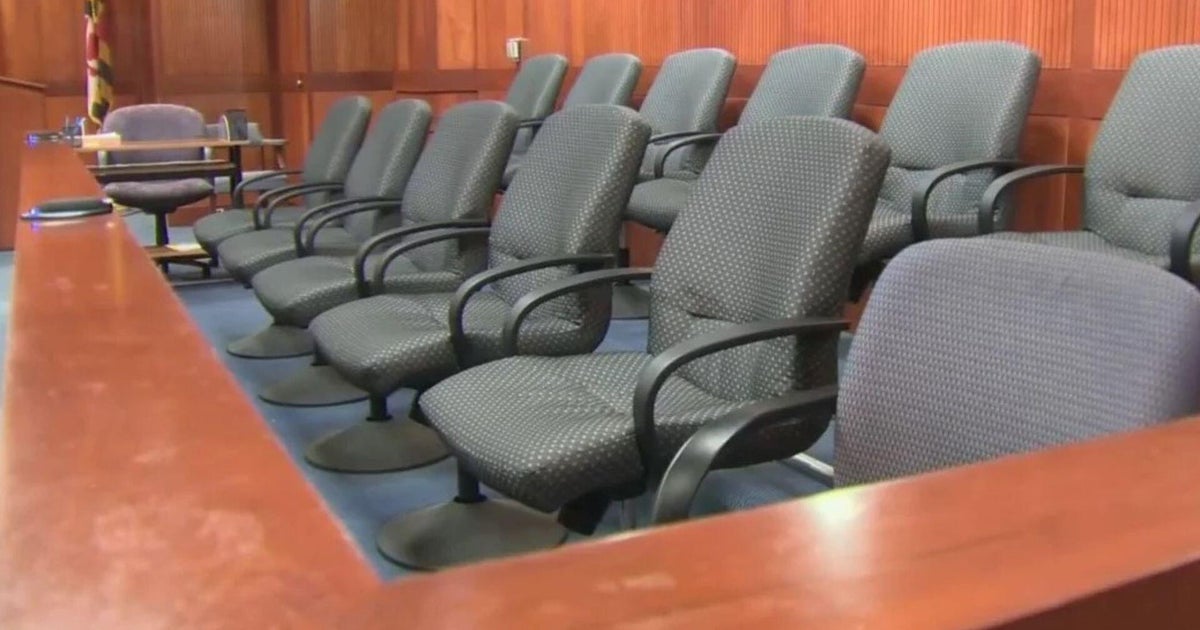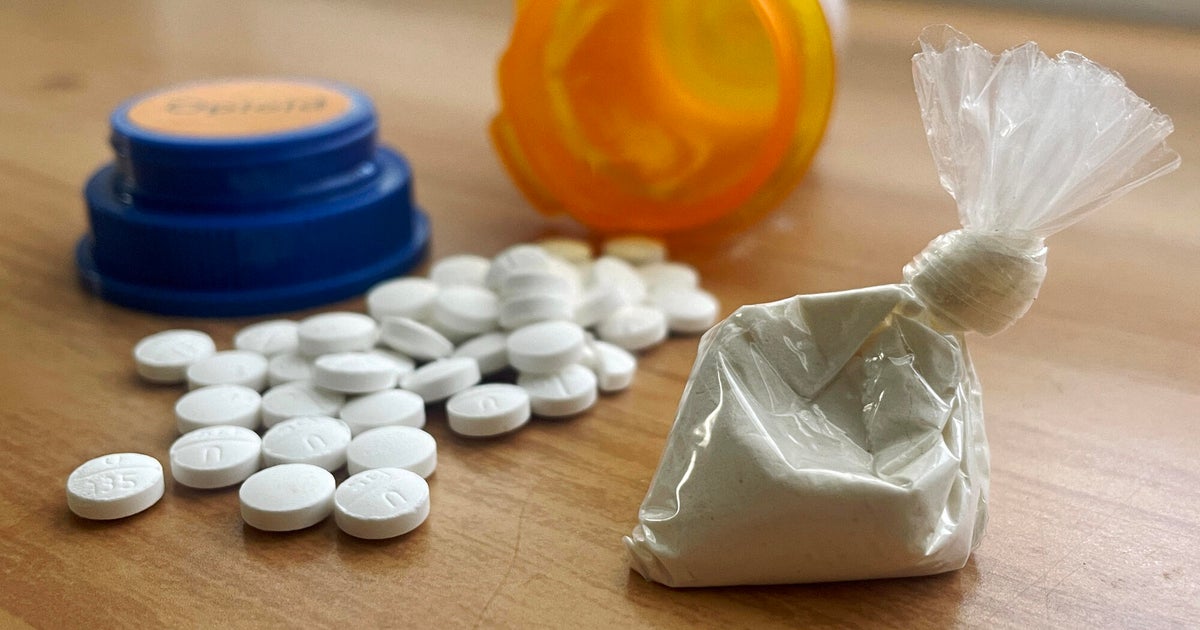3 Years For Md. Man In Nuclear-Linked Export Case
BALTIMORE (AP) -- A Maryland businessman was sentenced Friday to more than three years in prison for conspiring to export to Pakistan materials and equipment that can be used in nuclear reactors and defrauding the United States.
The sentencing of Nadeem Akhtar, 46, of Silver Spring, a Pakistani national and permanent resident of the United States, took place in U.S. District Court in Baltimore at a time when tensions remain high with Pakistan, a U.S. ally in the war in Afghanistan.
Akhtar, owner of Computer Communications USA of Columbia, was accused of trying to sell more than $400,000 in radiation detectors, calibration devices and other restricted nuclear-related equipment to Pakistan, which is thought to have about 100 nuclear warheads. The U.S. has banned exports to government organizations involved in Pakistan's nuclear weapons programs, but Akhtar misrepresented what items he was selling and to whom they would be sold, U.S. Attorney for Maryland Rod Rosenstein said.
"This sentence underscores the importance of the U.S. Government's unwavering determination to disrupt and dismantle criminal proliferation networks endangering U.S. national security" said Rick Shimon, Special Agent in Charge of the Commerce Department's Washington Office of Export Enforcement. "Preventing sensitive U.S.-origin technology from being used in illicit nuclear programs is one of our top priorities at the Commerce Department."
From 2005 through 2010, Akhtar and his conspirators used Akhtar's firm to obtain or attempt to obtain radiation detection devices, resins for coolant water purification, calibration and switching equipment, attenuators and surface refinishing abrasives for export to restricted entities in Pakistan, according to his plea agreement. A license is required to export these items to auser of concern or if they are exported in support of a prohibited use, such as nuclear explosives, nuclear reactors, or the processing and production of nuclear-related materials.
Akhtar tried to evade export regulations and licensing requirements by undervaluing and falsely describing the items being exported and failing to reveal the true end-user by using real and fake businesses in Pakistan, Dubai and the United States, according to the plea. He also had people in Illinois and California procure items for him under false pretenses, shipped items to his residences in Maryland so it would look like his company was the end-user and shipped items from the U.S. through the United Arab Emirates.
According to the plea, Akhtar's directions came from the owner of a Karachi trading company, who received orders from Pakistani government entities, told Akhtar what to buy and how to conceal the products' nature and intended end-user, then usually paid Akhtar a commission of 5 percent to 7.5 percent.
(Copyright 2012 by The Associated Press. All Rights Reserved.)







